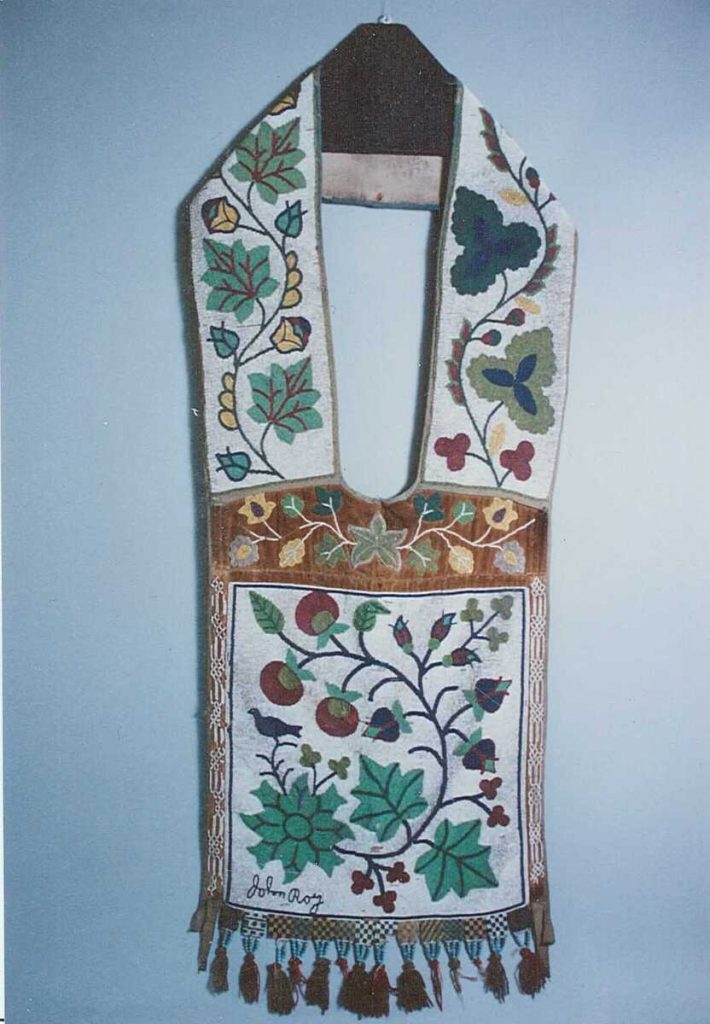From Cara Krmpotich

It’s official! A team of GRASAC researchers has been awarded $280,000 in this year’s Social Sciences and Humanities Research Council of Canada (SSHRC) Insight Grant competition. Over the next four years, the team will be developing ethical methods for stewarding digital heritage inspired by Great Lakes kinship.
Cara Krmpotich and Heidi Bohaker are starting with our very own Knowledge Sharing Database (the GKS). Did you know the GKS holds 17,000 digital records for cultural belongings, and Cayuga and Anishinaabemowin words? Following the direction provided by GRASAC members to create an open GKS, accessible to artists and youth in particular, we are re-developing the GKS starting with the premise that each cultural belonging represented within it is a relative. We’ll be building a team of “data stewards” to revisit how we describe these relatives and improve the connections to Indigenous vocabulary and community knowledge.
Partnering with the Nordamerika Native Museum (NONAM) in Switzerland, and the Braunschweig Museum in Germany, Cara and Heidi will also be looking for communities connected to these collections who are interested in experimenting with the ways digital reunions between families and the collections can support longer-term relationships. Funding exists to send two community members to each museum to be on-site and host these reunions for their community back home.
Kevin White and Maureen Matthews are both interested in the ethical models being developed for digital archives in communities. Kevin is bringing his passion for Haudenosaunee Creation narratives to the project, while Maureen is bringing an on-going community history project with the Ste. Madeleine Métis community. Connect with them to talk policy, practices, resourcing, privacy and intellectual protocols.
We are excited by the “born-digital” cultural heritage being created by Indigenous artists, youth and creators. Suzanne McLeod, Pamela Klassen and Krista Barclay will be learning ways to think about and plan for the care of new digital cultural creations. Suzanne will be mentoring and collaborating with Indigenous graduate students at the University of Manitoba working with cultural belongings, digital tools and Indigenous methodologies, while Pamela and Krista will continue their partnership with Kay-Nah-Chi-Wah-Nung Historical Centre in Rainy River on digital storytelling and caring for stories.
An Advisory Council is also being developed for the project. We are grateful to Penelope Kelsey for her guidance to date, and will be looking for folks to join Penny in this role.
In support of the project, GRASAC will be hiring:
- Community-based and university-based data stewards
- Community-based Cayuga and Anishinaabemowin language speakers
- Community-based “Digital family reunion” facilitators
- User Experience Design research assistants
- Community-based and university-based community archiving research assistants
- Web designer, digitization services and digital illustrator.
Stay tuned for further details about these positions and ways to join the research team this Fall. If you have any questions, please email Cara: cara.krmpotich@utoronto.ca
